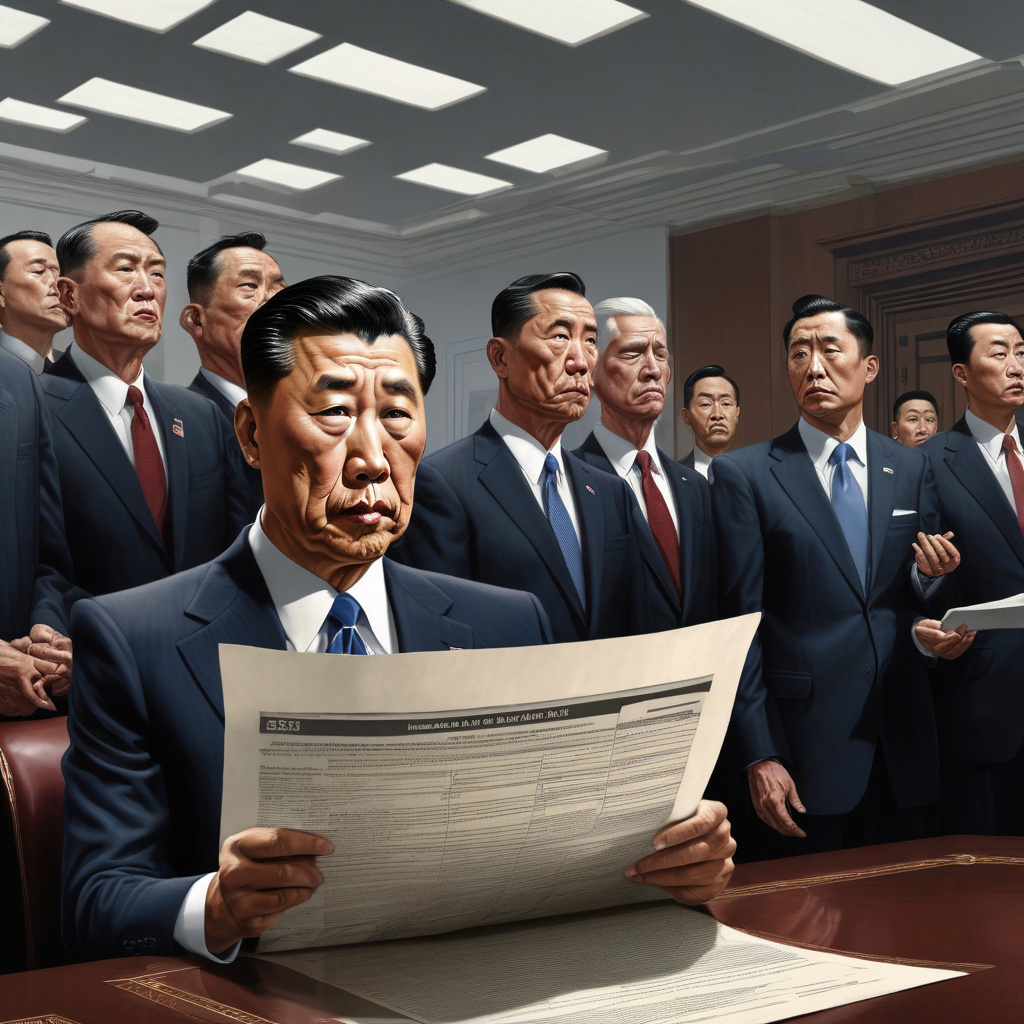US Implements Stricter Export Controls on Chinese Tech Companies to Address Security Concerns
The United States has recently taken a significant step in tightening its export controls on Chinese tech companies, particularly those involved in artificial intelligence (AI), quantum computing, and supercomputers. This move comes in response to growing security concerns surrounding the transfer of sensitive technologies to entities that may pose a risk to national security.
The new export controls, which specifically target Chinese firms with connections to these advanced technologies, aim to prevent the unauthorized transfer of critical knowledge and capabilities that could potentially be exploited for malicious purposes. By imposing stricter regulations on the export of these technologies, the US government seeks to safeguard its technological edge and protect sensitive information from falling into the wrong hands.
One of the primary reasons behind the heightened scrutiny of Chinese tech companies is the perceived threat they pose to US national security. With the rapid advancements in AI, quantum computing, and supercomputing, these technologies have the potential to revolutionize various industries and enhance military capabilities. However, in the wrong hands, they could also be used to develop sophisticated cyber weapons or conduct espionage activities.
By imposing stricter export controls on Chinese firms operating in these high-tech sectors, the US government aims to mitigate the risks associated with the unauthorized transfer of sensitive technologies. These measures are designed to ensure that US companies comply with regulations governing the export of controlled technologies and do not inadvertently contribute to potential security threats.
The implications of these new export controls extend beyond the realm of national security. Chinese tech companies that rely on access to advanced technologies from the US may face disruptions in their supply chains and research collaborations. This could hamper their ability to innovate and compete in the global marketplace, ultimately impacting their long-term growth and sustainability.
In response to these regulatory changes, Chinese tech companies are likely to reassess their business strategies and seek alternative sources for the technologies they require. This could lead to increased investment in domestic research and development efforts to reduce dependence on foreign technologies and mitigate the impact of US export controls.
Furthermore, the US government’s decision to tighten export controls on Chinese tech companies underscores the broader geopolitical tensions between the two countries. As the competition for technological supremacy intensifies, both nations are striving to protect their strategic interests and assert dominance in key technological sectors.
In conclusion, the US government’s implementation of stricter export controls on Chinese tech companies linked to AI, quantum computing, and supercomputers reflects its commitment to safeguarding national security and preserving its technological edge. While these measures may have far-reaching implications for the global tech industry, they are a necessary step in addressing security concerns and mitigating potential risks associated with the transfer of sensitive technologies.
security, US-China relations, tech industry, export controls, national security
